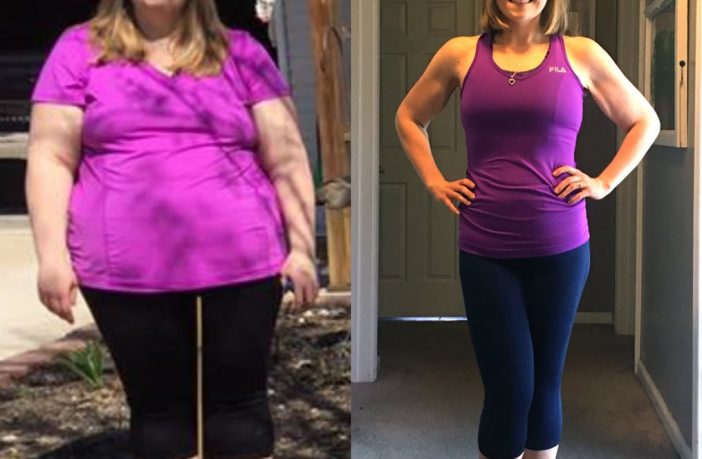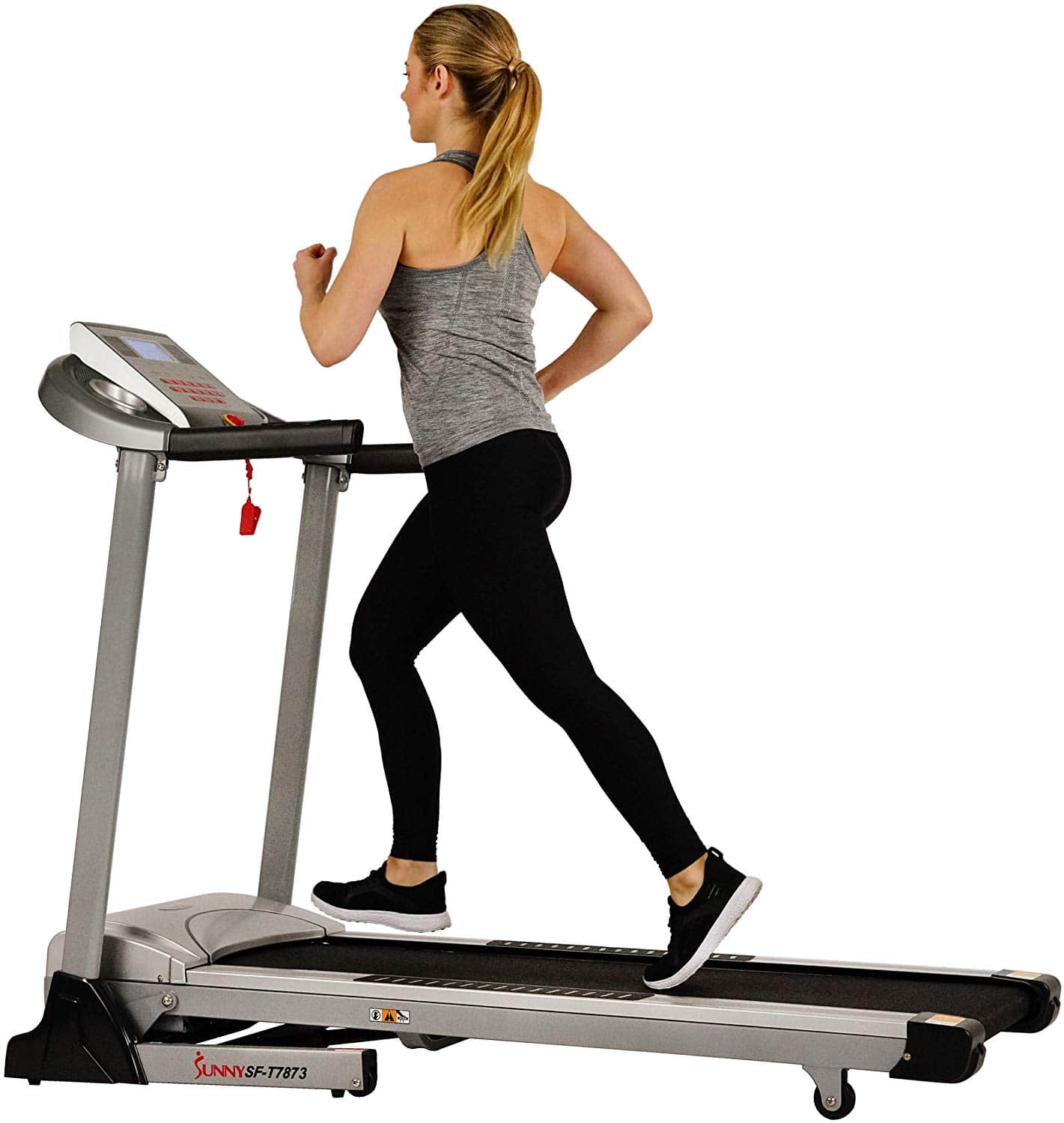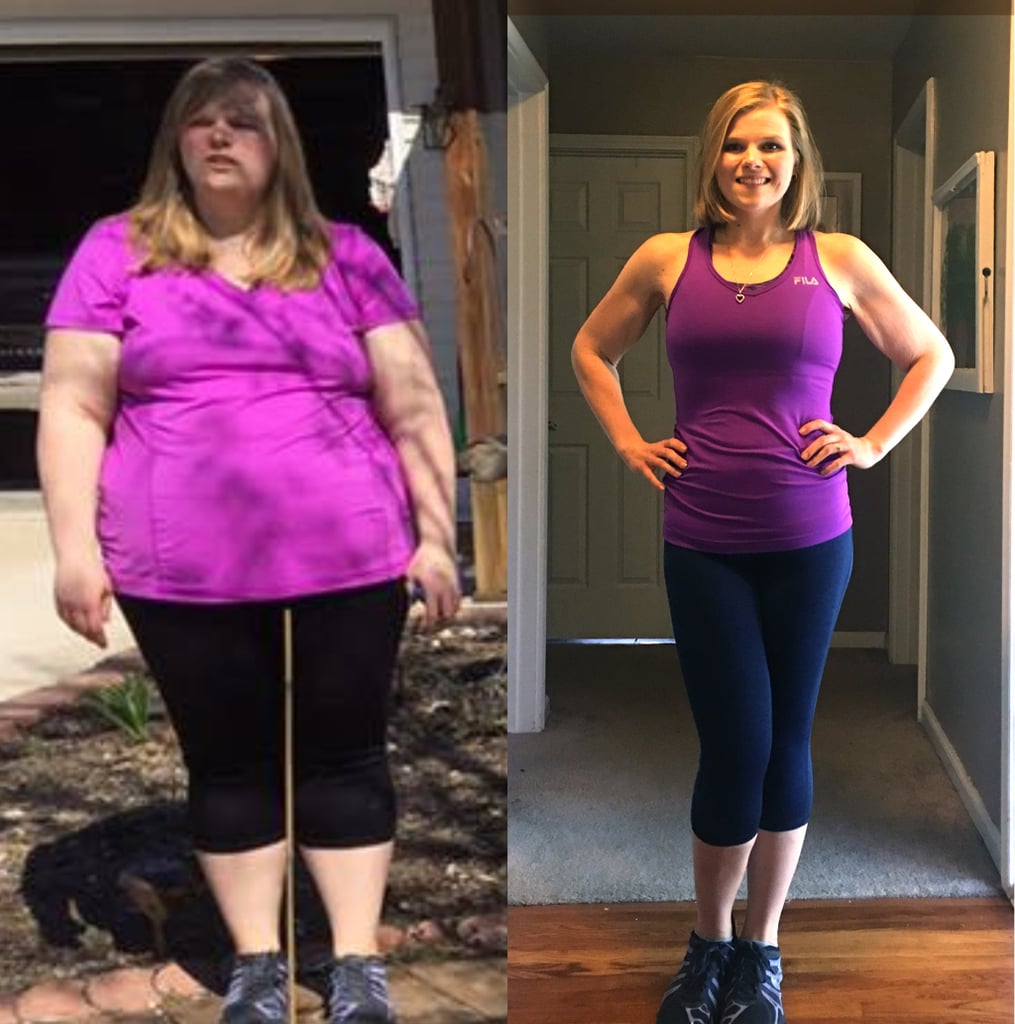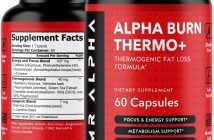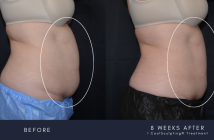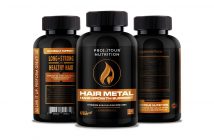If you’re a regular exerciser, you know that after exercise, your body is still in the process of burning fat. This is true whether you run for an hour or swim laps for 45 minutes. The more time you spend exercising, the longer it will take to burn off your excess calories, and the faster you’ll see your body return to its pre-exercise weight. Visit the official site of theislandnow to know more about how to burn fat faster
One way to keep burning fat after exercise is by drinking water. Water helps flush out your system of toxins so that your body can get at all those extra calories that are stored away in your fat cells. It also helps keep you hydrated, which is important during exercise because dehydration can slow down your performance. Drinking enough water before, during, and after exercise is especially critical if you’re training for a marathon or any other long race; dehydration can cause serious health problems including heat stroke and muscle cramps.
Another thing that you can do to help speed up the weight loss process is to eat less — lots less. You should be aiming to lose about 1 pound (0.5 kilogram) every three days, but you may need to adjust your diet based on what kind of exercise you plan to do. If you’re going to be doing aerobics and cardio exercises like running, walking, cycling, swimming, and rowing, make sure you’re eating plenty of complex carbohydrates and healthy proteins to fuel your muscles and replenish their glycogen stores. And if you’re going to be lifting weights, make sure you’re getting enough protein. Protein keeps your metabolism high and your body working hard, which means you can burn more calories even when you aren’t exerting yourself.
So how do you actually burn fat after exercise? Here are five tips that can help:
- Drink Plenty Of Water. It’s important to drink as much water as possible before, during, and after exercise, but this isn’t always easy. If you’re exercising outdoors, there’s no good place to go to the bathroom. Even if you have access to a restroom, finding one in the middle of nowhere can be difficult. There’s also a risk that you won’t want to stop and use the facilities while you’re busy trying not to drop dead from thirst.
This problem gets worse when you add in the effects of heat. Heat causes fluid retention, which makes it harder to sweat. As a result, you’re likely to become dehydrated, and then find it harder to reach for that glass of cold water. If you don’t drink enough water, you’re going to feel thirsty and weak — two things that are going to hamper your ability to complete your workout.
It’s best to try to drink some water each time you finish a set of pushups, squats, situps, or whatever else you’re doing. Try to aim for 10 glasses per day, but start with smaller amounts and work your way up. Keep in mind that most people who exercise regularly find that they have to pee several times throughout the day, and that’s why having a bottle of water within reach is such a good idea.
- Eat Less. This tip is especially important if you’re going to be exercising vigorously for a long period of time. For example, if you plan to run a half-marathon or a full marathon, you should probably reduce the amount of food you eat by about 20 percent. Eating less is a matter of making better choices about the foods that you eat, and sticking to them regardless of how hungry you get.
Try to eat small meals instead of three large ones, and avoid sugary beverages. If you’re exercising for the purpose of losing weight, you should avoid anything with artificial sweeteners and limit your intake of sugar to just a few teaspoons per day.
- Get Enough Sleep. If you spend a lot of time exercising, you’re going to need a lot of sleep. In fact, experts recommend that anyone who works out intensely should get 7-9 hours of sleep each night. That way, you’ll have enough energy to fight fatigue, and you’ll be able to stay alert and focused while exercising.
- Use Lactic Acid. Lactic acid is produced whenever your body uses oxygen. When it builds up in your bloodstream, it can cause pain, nausea, dizziness, and shortness of breath. Fortunately, it doesn’t build up very fast, and once you’ve been exercising for about 30 minutes, the majority of it will have left your blood stream. But if you exercise for longer than an hour, lactic acid will eventually begin to accumulate — which can lead to cramping, exhaustion, and potentially dangerous consequences.
To prevent lactic acid buildup, you should consider taking supplements containing B12, magnesium, vitamin C, and E. Another option is to eat foods that contain these nutrients. They include spinach, kale, broccoli, nuts, seeds, tomatoes, avocados, oranges, whole grains, and many others.
- Don’t Forget About Your Diet. While we’re talking about nutrition, let’s talk about something called the thermogenic effect of food. Simply put, when you eat certain kinds of foods, your body burns calories at a higher rate. A great example of this is chocolate. Chocolate contains caffeine, and caffeine stimulates your body to burn more calories. So if you have a craving for a candy bar, you might decide to indulge, and then regret it later. Not only will you be feeling tired afterward, but you’ll be storing more fat.
That’s why it’s important to eat foods that have a thermogenic effect. Some examples include fatty fish like salmon, tuna, mackerel, herring, trout, and sardines, and lean meats like chicken breast, turkey breast, pork tenderloin, and lamb. Also consider adding nuts, seeds, and olive oil to your diet. Nuts and seeds have a high content of monounsaturated fats, which boost your metabolic rate as well as help lower bad cholesterol levels. Olive oil is rich in antioxidants, which help keep your body healthy.
The bottom line here is that you can’t expect to burn fat after exercise without changing your diet. By choosing healthier foods, you’ll be giving your body exactly what it needs to burn off those excess calories.

